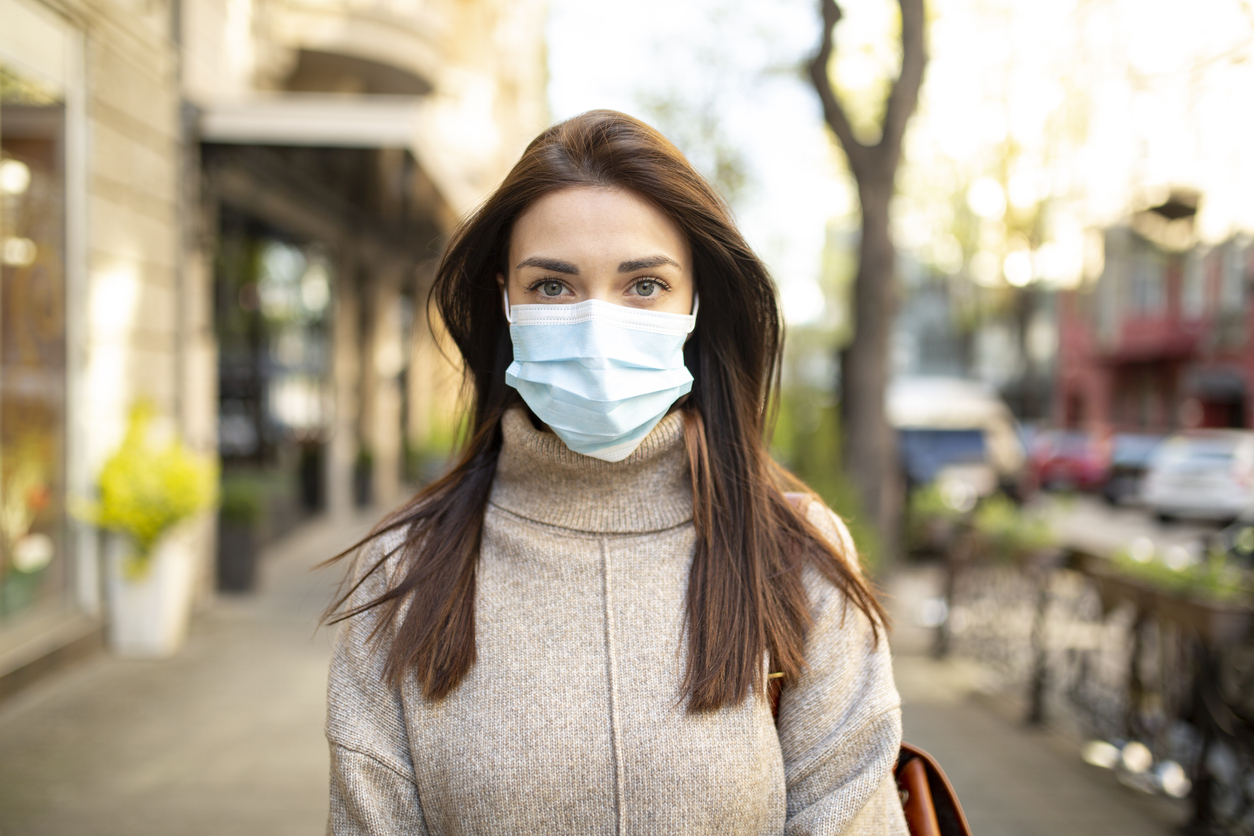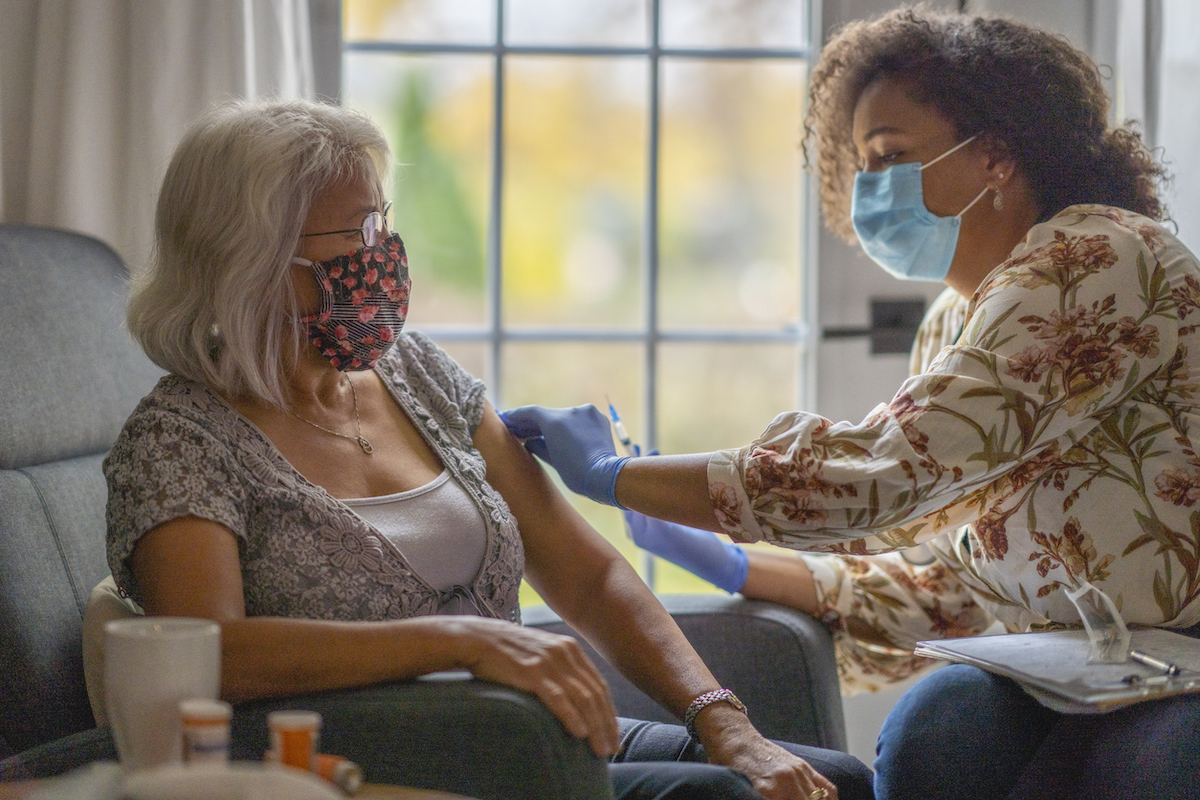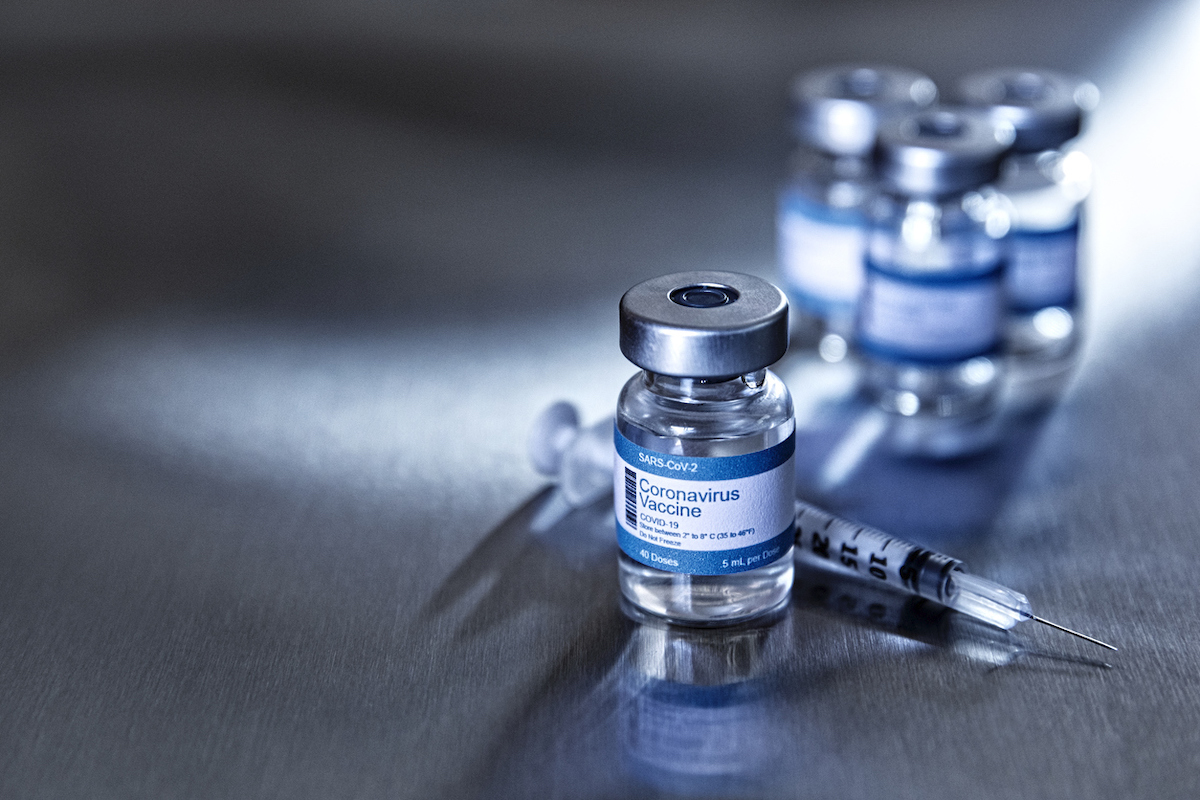The discovery of the new variety of the COVID-19 virus has led to more than 40 countries banning arrivals from the U.K. and freight queues building up at the southern coast after France temporarily closed its borders. The situation escalated over the weekend after U.K. Health Secretary Matt Hancock described the new variant as “out of control” in a television interview and much of London and the south-east of the country was put into stricter lockdown measures to stem rising case numbers. However, the WHO stressed that despite this upheaval, the discovery itself is not yet cause for alarm. “We have to find a balance. It’s very important to have transparency, it’s very important to tell the public the way it is, but it’s also important to get across that this is a normal part of virus evolution,” said WHO Executive Director Mike Ryan, MPH, during the briefing. “Being able to track a virus this closely, this carefully, this scientifically in real time is a real positive development for global public health, and the countries doing this type of surveillance should be commended.” While the new strain does seem to be spreading faster, here’s why the WHO and other medical agencies are cautiously optimistic about the new strain of COVID. And for more of the latest news on COVID-19, check out why Dr. Fauci Advises Against This One COVID Safety Measure. Read the original article on Best Life. In a statement, England’s Chief Medical Officer Chris Whitty said: “There is no current evidence to suggest the new strain causes a higher mortality rate … although urgent work is under way to confirm this.” U.S. Surgeon General Jerome Adams, MD, echoed that assessment on Face the Nation on Dec. 20, saying officials “have no indications” that the new strain “is any more dangerous or deadly than the strains that are currently out there and that we know about.” And for more on what Adams did say about the strain, check out A White House Official Just Gave This Warning About the New COVID Mutation. The flu consistently mutates, which is why you need to get vaccinated against it annually. But the good news is, COVID is mutating more slowly. “SARS-CoV-2 is mutating at a much slower rate than influenza,” Swaminathan said at the press briefing. “Flu mutates very rapidly, changes its surface proteins very rapidly. So, we constantly need to get a new flu shot. Some viruses like measles don’t change their surface proteins. And so the measles shot we got 20 years ago still works,” former FDA commissioner Scott Gottlieb, MD, said on Face the Nation on Dec. 20. “Coronavirus seems somewhere in the middle.” And for more on the difference between the two, check out This One “Wacky” Symptom Means You Have COVID, Not the Flu. During a press conference on Dec. 19, Britain’s Chief Scientific Adviser Patrick Vallance said that the vaccines have appeared to continue to generate an immune response to the new COVID strain. And on Meet the Press on Dec. 20, President-elect Joe Biden’s surgeon general nominee, Vivek Murthy, MD, said that there’s “no reason to believe that the vaccines that have been developed will not be effective against this virus as well.“ae0fcc31ae342fd3a1346ebb1f342fcb Vin Gupta, MD, of the Institute for Health Metrics and Evaluation, agreed in an interview with CNBC’s Squawkbox Asia on Dec. 21. “There is a strong belief here that the vaccine, as it exists today…will have effectiveness in warding off infection from this new strain in England, in addition to the old strain that we’ve been contending with for months now,” Gupta said. And for more regular updates on COVID, sign up for our daily newsletter. On Face the Nation, Gottlieb said that the coronavirus will continue to “mutate and change its surface proteins, but probably slow enough that we can develop new vaccines.” Jesse Bloom, an evolutionary biologist at the Fred Hutchinson Cancer Research Center in Seattle, echoed that sentiment, telling The New York Times that “no one should worry that there is going to be a single catastrophic mutation that suddenly renders all immunity and antibodies useless.” “It is going to be a process that occurs over the time scale of multiple years and requires the accumulation of multiple viral mutations,” he added. “It’s not going to be like an on-off switch.” And for more on the latest vaccine developments, check out These States Are Getting Less of the COVID Vaccine Than They Were Told.



